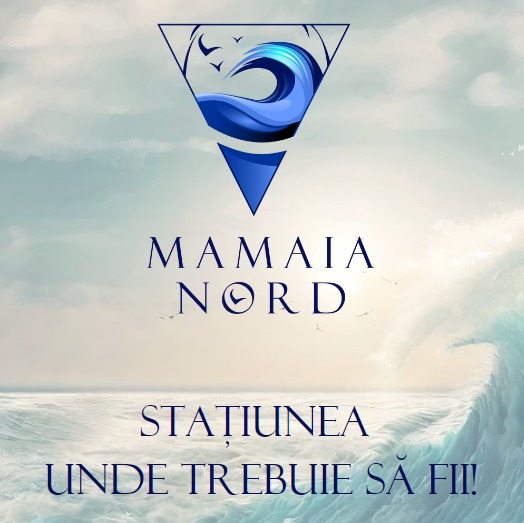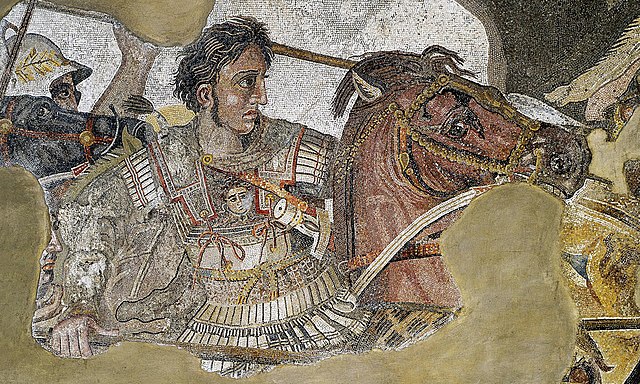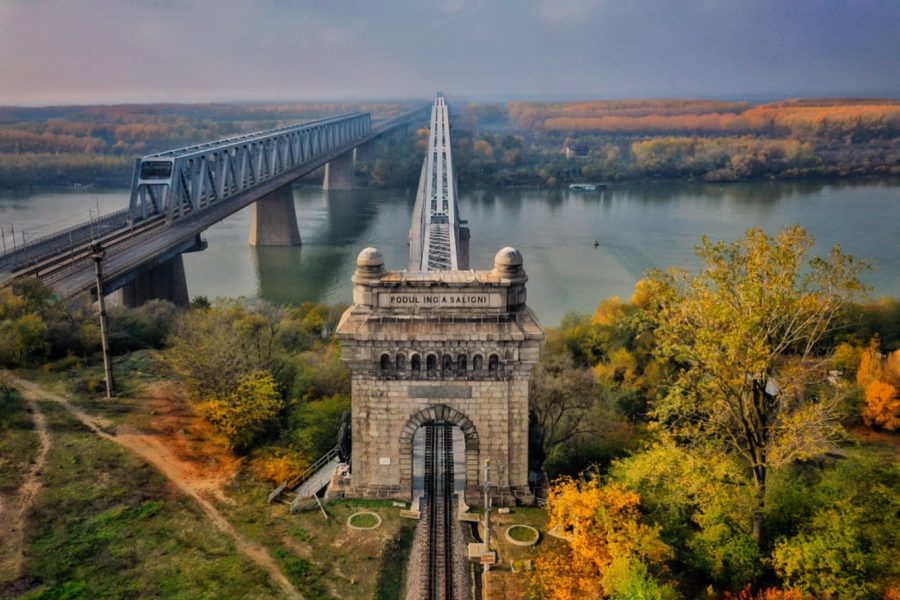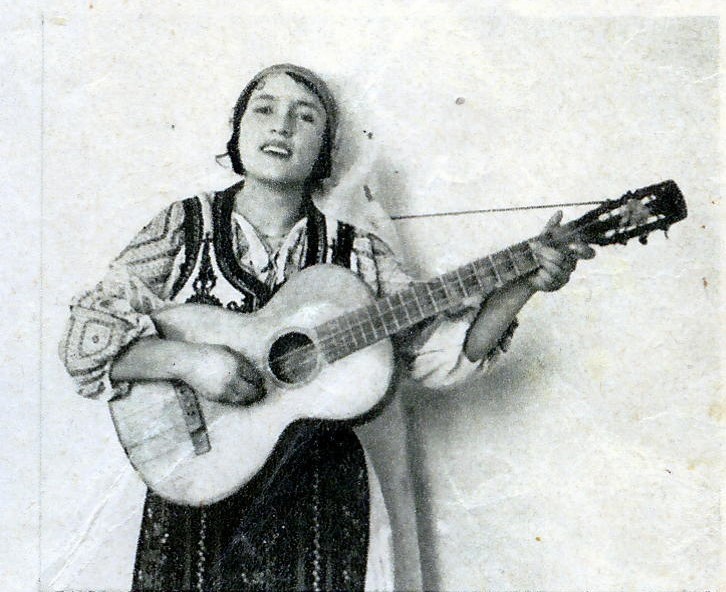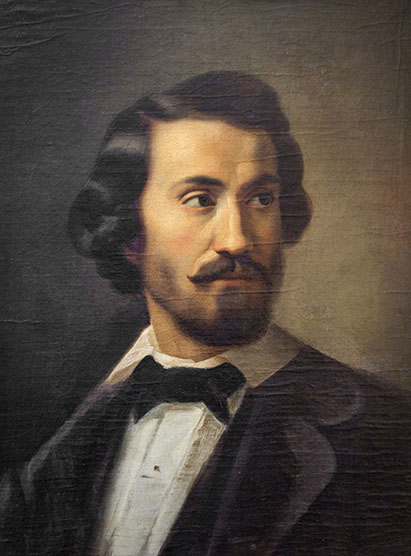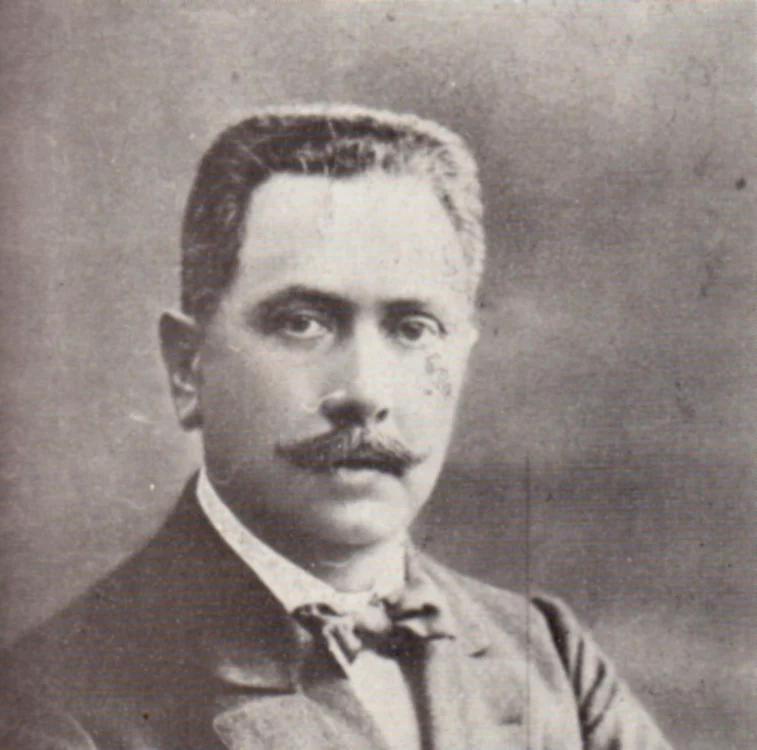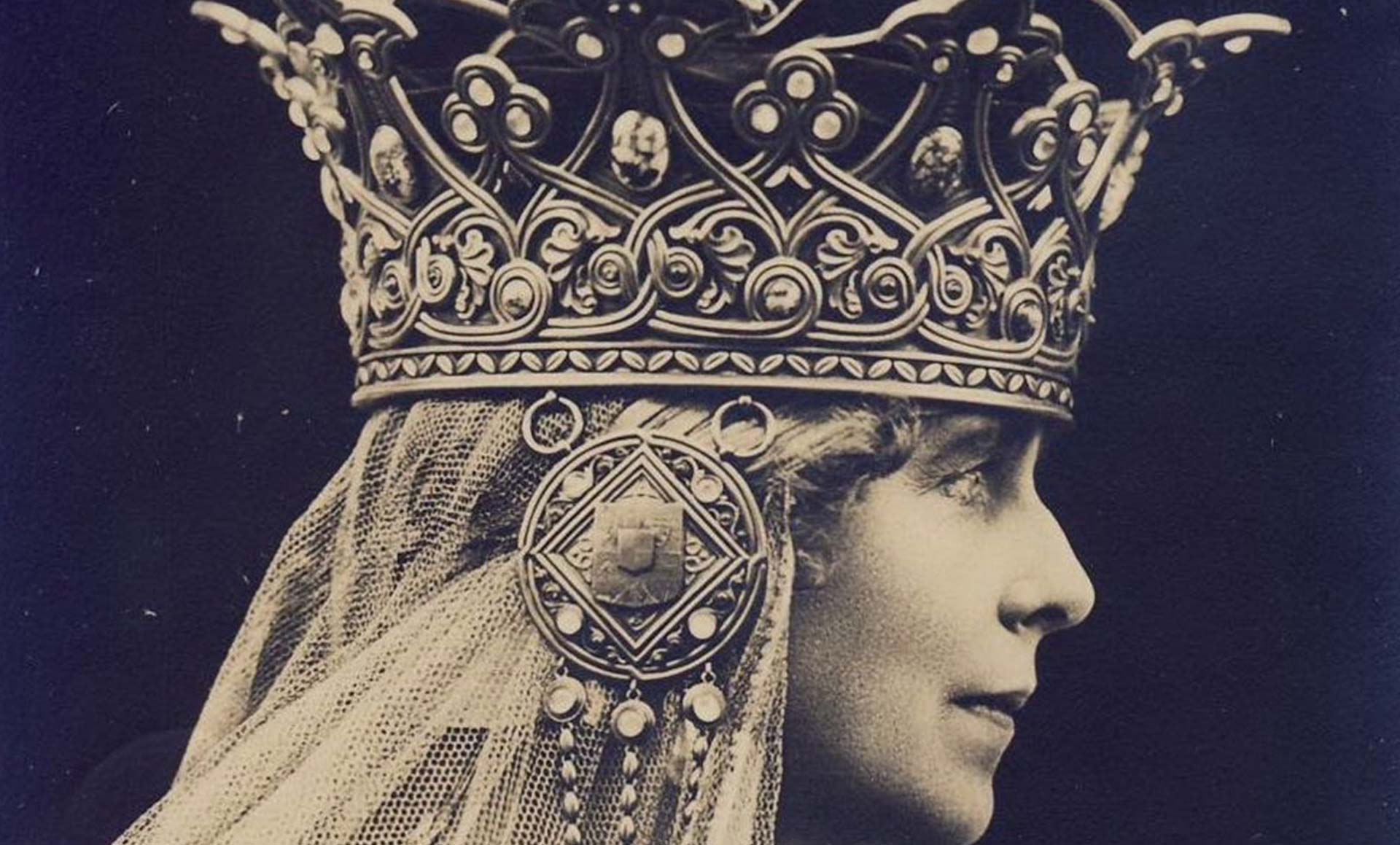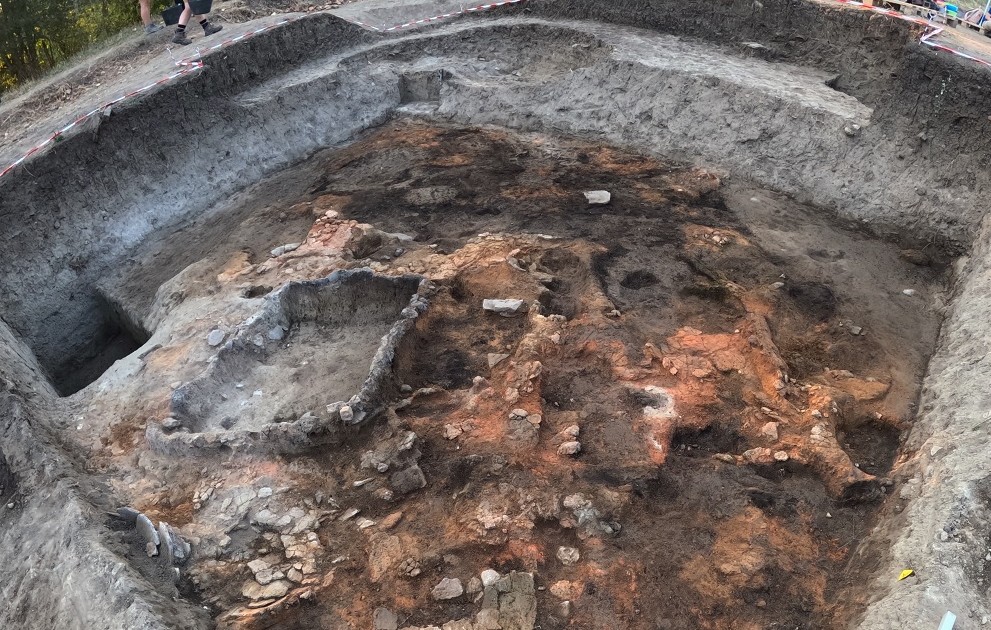In the crowd’s applause, the Gladiator enters the arena… The Tomitans were enthusiastically shouting his name, proud of their hero who, for more than two years, was entertaining them with his acts of bravery… Skirtos, the (get) native was a young man a little over his twenties, but the hard life he had lived already left deep marks on his body… He was born a free man, grandson of a skilled blacksmith from Axiopolis, becoming a citizen of the Empire after that “Constitutio Antoniniana” implemented by the emperor Caracalla…
But then, Fate has been cruel with him and his family… His mother had died when he was only five years old, then his father left to deal with trades over the Danubius and never returned… He used to live on the city streets, stealing since his early years only to survive and when he was about fifteen, accidentally killed an older boy who was also part of a rival gang of small thieves… Murder sent him directly into the prison of the military castrum, place where he stood for about two years… There, in that filthy place guilty of so many diseases and deaths, he was found by the noble Parmon of Ibida, who came to Axiopolis looking for slaves…
Since there were not so many wars happening and neither nations to conquer, the slaves were fewer every day in the Empire so the wealthy romans were forced to purchase them straight from the prisons, from certain guards or corrupted soldiers… Parmon needed workers without spending too much… So it happens that Skirtos, the one born free, suddenly became a slave… Even now, the scar sign left from those days, Parmon’s brand, was encrusted in his right hand. He worked for a while along with the other slaves in the ranch of the villa in Ibida, then, one day, he started arguing with a supervisor… Young but tough, Skirtos broke the man’s jaw in a single strike. He couldn’t even recall the reason of the fight…
But Fortuna smiled for him that day: Instead of being whipped or even killed for what he did, he found himself appreciated by Parmon, who immediatedly took Skirtos as a guard for his family. He was dedicated to the noble for several years and one night, while they were at Histria dealing with trades, he saved him from some thieves. This last deed changed his fate: A bit after his twenties he found himself free from slavery, as a symbol of Parmon’s gratitude for saving his life…But since he couldn’t do anything else besides fighting, after only a couple days he willingly joined, as a free man and volunteer “auctorati”, the greatest ludus of the Moesia Inferior, the one owned by Marcus Caspa, in Tomis…
Part II
Then followed his first fight in the great arena as well as the first man killed by will, since it was a “sine missione” confrontation, no mercy allowed… In the following two years he enters four more fights, coming out victorious from each of them… He already achieved great glory in the whole province ever since his third fight, when he defeated the famous Hesta the Iliryan, the one who had over twenty victories in the arena and who even successfully fought a few times in the legendary Colloseum of Rome.
The audience loved him and Fortuna smiled upon him once again: he was among the only get gladiators of the province, and in each confrontation he was strongly supported by the natives proud to have a champion of their kind conquering the arena… News of him passed through all neighboring provinces and Caspa the lanista would have done anything negotiating each of his next appearances. He was even more popular as he proved to be a spectacular raetiar, the one dressed in a simple leather tunic but with the left arm covered in armor all up to the neck. He was always armed with the usual trident in his right hand, and ready anytime to trap opponents with the net held in his left… His waist was equipped with a gladius for the final strike and on his back he always held a dagger for the less fortunate moments of the fight. The audience was fully bursting every time “the fisherman” was bringing down a secutor, a murmillo or a thrax. The victories and reputation brought with them great riches. He quickly got the taste of it, buying a house of his own and then meeting Samia, a beautiful metise woman who once got lost in Moesia, on her path from unknown lands towards Rome, that place so famous for its beauty…
Today, in the midst of March, in the arena of Tomis, Skirtos the blood-thirsty smiled with Samia’s illusion filling his thoughts… His most beloved Samia was soon going to gift him with a child, undoubtedly a son… The Gladiator’s dreamy thoughts were suddenly chased away by the sound of the trumpets announcing the arrival of his opponent.
He was, of course, a secutor, a pursuer equipped with a sword and a huge helmet, and who was always hiding behind a medium shield. Skirtos measured his opponent: he was larger than him, shorter and a bit older… An enemy that shouldn’t fight back too much. Together they saluted towards the spot from which the province’s governor as well as the city’s spiritual patron and sponsor of the Games, Anianus Aurelius Priscius, were watching the show.
Wishing to impress the governor and maintain the audience’s bloodlust, Priscius promised a “sine missione” fight… Fight that started right then… Skirtos quickly understood that he misjudged his opponent: the secutor was fast and used to avoiding the traditional hits of our raetiar… Caspa the lanista told him that no-one knew much about the man, only that he was some stranger from the North, maybe a veteran of the army… Before the fight, Skirtos did not care who his opponent was, but know he wanted to know more about him…
He threw the net again, trying to grab the man’s left foot and knock him to the ground… Once again, the stranger dodged it on time… The fight was carried on for several minutes, each of them successfully avoiding the other’s intently “final” strikes…. But still, Skirtos wasn’t afraid of anyone, no-one ever defeated him and such thing wasn’t going to happen today either… He was going to return home unharmed, back to his dearest Samia, singing to his unknown baby the only chant he could remember from his long lost mother… He rushed to finish the fight, and for the first time in the arena, he did not think it that much… He rejoiced once the trident reached its target, deeply piercing the stranger’s hip, and told himself that it would end there… He did not expect what came afterwards… Brought down and defeated, the secutor used his gladius like a dagger. Not able to reach our raetiar, he threw the sword as if he was aiming at an ordinary tree. The blade protruded deeply, a bit above the heart… Skirtos widened his eyes, unsure of what’s happening, then, as his thoughts were turning blurry and unclear, he dropped the trident from his hands… He was the one standing, but still, he was also the one defeated… There was now silence in the amphitheater of Tomis… The dacian fell… Laying on his back, Skirtos the champion watched for a few moments as the sun above him became more and more foggy until it completely turned dark… His eyelids fell shut and he stopped feeling the presence of the stranger who was now standing up… He was only thinking of his Samia, his unborn child, his home… He was thinking about life…
The next morning at dawn, Marcus Caspa the lanista and sorrowful Samia went outside the walls of the city of Tomis, to bury the remains of who used to be Skirtos the Dacian. On his tombstone, which portrayed him standing in the arena, a heavily paid craftsman carved down his epitaph: “I, Skirtos Dakesis, free man, crowned with six victories, am leaving this life before my time. I lye at Tomis, with the grave as my dwelling. I wish you good health…”
Traducere realizată de Andreas Cealera din “Skirtos Dacul – Poveștile Mării Negre – vol II”




